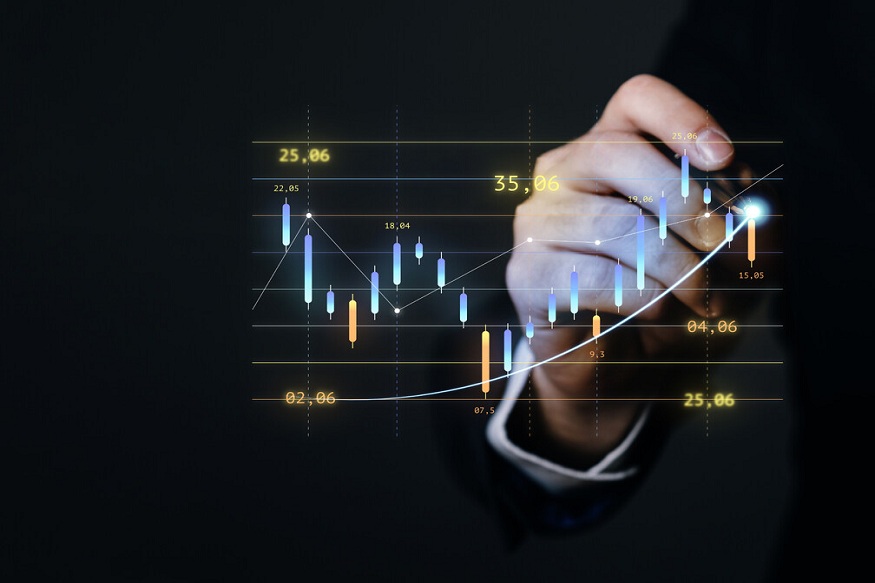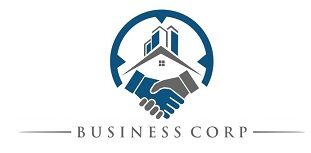A Beginner’s Guide to Finding a Reliable Forex Broker
 Choosing the right forex broker is one of the most important decisions a beginner trader will make. Your broker is the gateway to the global currency markets, and the quality of their services can directly influence your trading success. From the spreads you pay to the security of your funds, a broker impacts nearly every aspect of your trading journey.
Choosing the right forex broker is one of the most important decisions a beginner trader will make. Your broker is the gateway to the global currency markets, and the quality of their services can directly influence your trading success. From the spreads you pay to the security of your funds, a broker impacts nearly every aspect of your trading journey.
Unfortunately, the forex industry also has its share of unregulated and fraudulent operators, which means careful research is essential before you commit your money. A good broker offers fair pricing, fast trade execution, strong regulation, and a trading environment that supports your learning curve. The wrong one, however, can make profitable trading nearly impossible—or worse, put your capital at risk.
This guide will help you understand what makes a broker reliable and how to make an informed choice as a beginner.
Understanding the Role of a Forex Broker
A forex trading broker acts as the bridge between you and the global currency market. Since individual traders cannot directly access the interbank market where currencies are exchanged, brokers provide the necessary platform and liquidity to execute trades. They quote prices, process your buy and sell orders, and in some cases, even act as the counterparty to your trades.
There are generally two main categories of brokers. Dealing desk brokers, often called market makers, set their bid and ask prices and may take the opposite side of your trade. Non-dealing desk brokers, such as ECN (Electronic Communication Network) or STP (Straight-Through Processing) brokers, connect traders to external liquidity providers, often resulting in tighter spreads and potentially faster execution.
Brokers earn money primarily through spreads—the difference between the buy and sell price—and in some cases, through commissions. Understanding this relationship helps you identify where costs may arise and how they affect your overall profitability.
Regulation and Licensing
Regulation is the first and most important indicator of a broker’s credibility. A regulated broker must follow strict guidelines designed to protect traders, including capital adequacy requirements, transparent operations, and segregation of client funds.
Top-tier regulators such as the Financial Conduct Authority (FCA) in the UK, the Australian Securities and Investments Commission (ASIC), the Cyprus Securities and Exchange Commission (CySEC), the Financial Sector Conduct Authority (FSCA) in South Africa, and the National Futures Association (NFA) or Commodity Futures Trading Commission (CFTC) in the United States are widely recognized for their rigorous oversight.
Before opening an account, check the broker’s website for its license number and verify it directly with the regulator’s database. Be cautious of brokers registered in loosely regulated offshore jurisdictions that offer little to no protection for traders.
Trading Costs and Fees
Even small differences in trading costs can add up significantly over time. Brokers typically charge either through a spread-only model or by combining low spreads with a fixed commission per trade. Fixed spreads remain the same regardless of market conditions, while variable spreads change depending on volatility and liquidity.
In addition to spreads and commissions, overnight financing fees, also known as swaps, apply to trades held past a certain time. Some brokers also impose hidden fees such as deposit or withdrawal charges, account maintenance fees, or inactivity penalties. Understanding the full cost structure before you commit can save you from unpleasant surprises later.
Trading Platforms and Tools
Your trading platform is where all the action happens, so it needs to be both reliable and user-friendly. Popular choices include MetaTrader 4, MetaTrader 5, and cTrader, each offering a range of charting tools, technical indicators, and automated trading capabilities.
A good broker should also provide mobile and web-based platforms, allowing you to trade wherever you are. Execution speed is critical, especially in fast-moving markets, so ensure the platform is stable and capable of processing trades without delays or slippage.
Account Types and Minimum Deposits
Brokers offer different account types to suit various trading styles and budgets. Micro and mini accounts allow beginners to trade with smaller amounts and lower risk exposure, while standard accounts offer larger contract sizes and potentially better pricing.
Leverage and margin requirements vary across brokers and jurisdictions, and while high leverage can amplify gains, it can also magnify losses. Beginners should approach leverage cautiously, focusing on building skills rather than chasing big profits.
Deposit and Withdrawal Policies
A reliable broker ensures that moving money in and out of your account is straightforward and transparent. Funding options may include bank transfers, credit or debit cards, e-wallets, and even cryptocurrencies.
Processing times for withdrawals can vary, but reputable brokers process requests quickly—often within 24 to 48 hours. Watch out for high transaction fees or limits that could make accessing your funds difficult. A broker’s approach to withdrawals is often a good indicator of their integrity.
Conclusion
Finding a reliable forex broker as a beginner is not a decision to rush. The right choice will support your trading journey with fair pricing, secure fund handling, and strong educational resources, while the wrong one could jeopardize both your capital and your confidence.
Take your time, research thoroughly, and prioritize trustworthiness over aggressive marketing promises. In forex, patience and due diligence are the first steps toward long-term success.
